Meet the people who are working together to help WAFWA and their Member Agencies and Partners deliver conservation through information exchange and working partnerships.
Meet the WAFWA Team
-
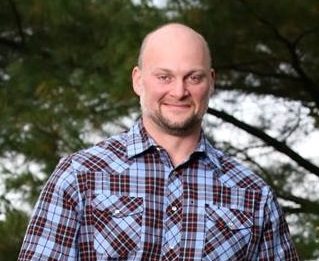
Dr. Zach Lowe
Executive DirectorZachary Lowe’s, primary career responsibilities have been to develop partnerships, identify key conservation needs, and deliver results-based programing. Dr. Lowe has a diverse professional background within the disciplines of land management, wildlife science, conservation education, and program administration. His early career started as an Extension Habitat Specialist, and he was the Director of the Conservation Leaders for Tomorrow Program at the Max McGraw Wildlife Foundation for over a decade prior to joining the team at WAFWA. He holds B.S. degrees in Wildlife Science and in Fisheries and Aquatic Science and a Ph.D. in restoration ecology from Purdue University. Zach and his family enjoy a life of hunting, self-sufficiency, and outdoor pursuits as they balance a busy 2 career, 3 kid household. -

Cortney Mycroft
Director of OperationsCortney joined WAFWA team in 2021. As Director of Operations, she works directly with the Board and other agency staff to meet strategic goals. Her efforts focus on administrative management, logistical planning, and communications. Cortney spends a great portion of her time planning the next (and the next, next) WAFWA meeting. Her skill sets include project management, natural resources education, human dimensions research, and making colorful spreadsheets to organize thoughts. Cortney loves spending time with her family and their pets, and she enjoys meeting the native herbaceous flora of the places she visits. -
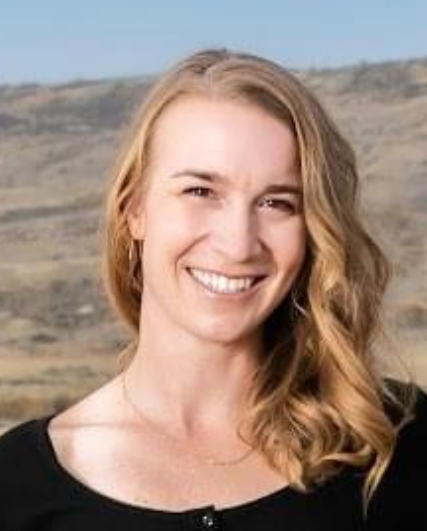
Jenna Baxter
Administrative AssistantJenna is a dedicated administrative assistant with a passion for adventure and love for the great outdoors. Raised and residing in the beautiful state of Wyoming, she has a deep appreciation for the mission-based work WAFWA accomplishes. When she is not assisting in the office, she finds solace and joy making memories in the breathtaking mountains with her three adventurous sons and loving husband. They enjoy all the seasons Wyoming has to offer; camping, fly fishing, and paddle boarding in the summer, and ice fishing and skiing in the winter. -

Stacie Brew
Director of FinanceWAFWA welcomed Stacie Brew as Director of Finance in mid-2022. Stacie started By the Book Consulting in 2001 after having worked in the accounting sector for the past 10 years.
During her 30-year career, she has become an expert in accounting systems and developing financial reporting systems to both improve existing procedures and to explore ways new technology can streamline day to day tasks. She currently holds certifications in many accounting & business operation related software programs.
Stacie has worked with 20 non-profit organizations with budgets that range from $250k-$5M annually. Work for these organizations has included everything from day-to-day operations to managing the annual audits as well as everything in between. This work afforded her the unique experience of understanding a 365 view of accounting and business operations systems from inside an organization.
Stacie lives with her husband and 2 dogs in south central Idaho, is an avid craft abuser (no craft left behind!) as well as a lifelong lover of the outdoors.
-
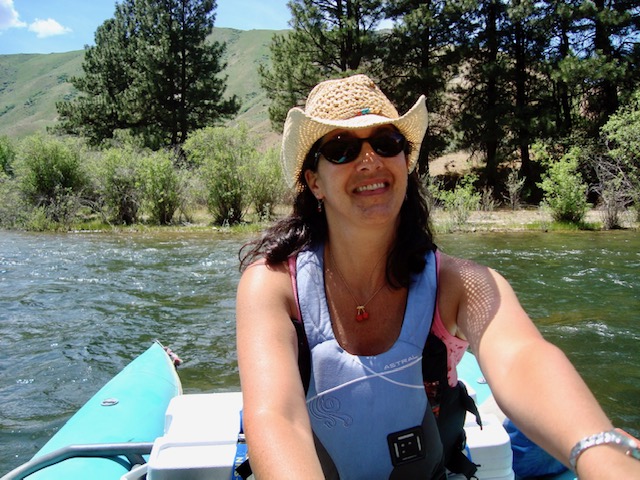
Catherine Campbell
Grants, Contracts ManagerCathy joined the WAFWA team in June 2015 as the Grants and Contracts Manager for WAFWA and its affiliates. In this role, she works closely with WAFWA Initiative Coordinators, federal and state partners and affiliates and federal aid coordinators. Cathy studied at Boise State University and is a business professional with over 25 years of management and accounting experience; developing and mentoring agency staff; developing and administering budgets; financial management of state and federal grants; 2 CFR 200 compliance regulations and contract management. She project lead the implementation of accounting systems, expense tracking and reporting through Commercial Card Services program, Grant Management Reporting and assisted with budget software implementation. When she is not working, Cathy enjoys traveling, white water rafting, scuba, camping, music and spending time with friends and family. Cathy is also an amateur back-yard beekeeper. -
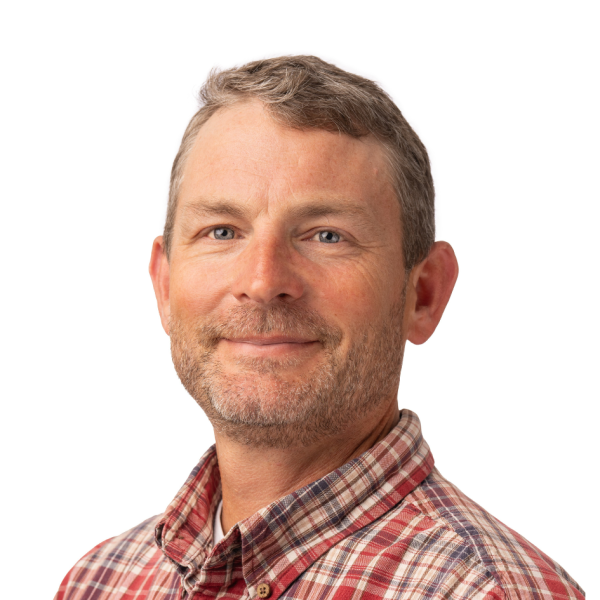
Tim Griffiths
Sagebrush Conservation Initiative and Western Working Lands CoordinatorTim Griffiths was raised in Oregon and earned his B.S. in Wildlife Science from Oregon State University. Tim’s former position as Western Lead for USDA’s Working Lands for Wildlife allowed him to lead major conservation efforts and pioneer the Sage Grouse Initiative and Migratory Big Game Initiatives as well as Frameworks to conserve Sagebrush and Great Plains Grassland biomes. Tim earned the Secretary of Agriculture Honor Award (2011) and the Abraham Lincoln Award (2016) for his leadership. His partnership-driven approach has conserved 13.6 million acres with over 4,500 landowners involved. He lives in Three Forks, Montana with his wife and children and enjoys hunting, camping and long-distance running through the mountains.
-
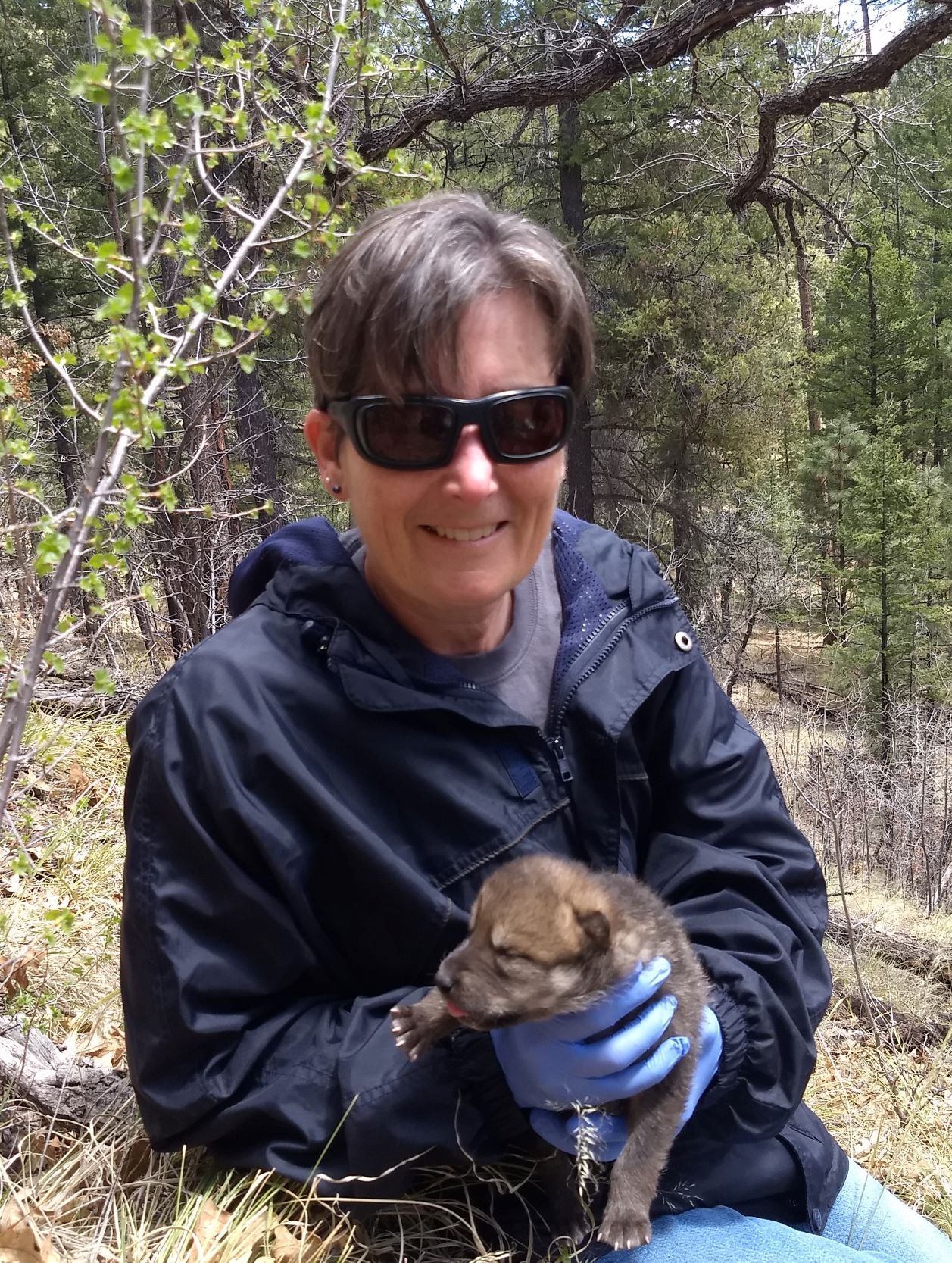
Anne Justice-Allen
Regional Wildlife Health CoordinatorAnne Justice-Allen earned a DVM from the University of California, Davis in 1986 and a MS degree from Utah State University in 2010. Her interest in wildlife conservation and veterinary medicine began at a very early age as she worked with her dad in the field (he taught at the University of California Irvine and studied woodrats). She began working for Arizona Game and Fish as the Department Veterinarian and Wildlife Health Program Supervisor in 2009. She works on infectious and noninfectious diseases of wildlife, directs animal care during wildlife captures, and participates in endangered species reintroduction projects. Anne trains and competes with her dogs in agility, retrieving, dock diving, and nose work. Anne is the Regional Wildlife Health Coordinator for WAFWA. -
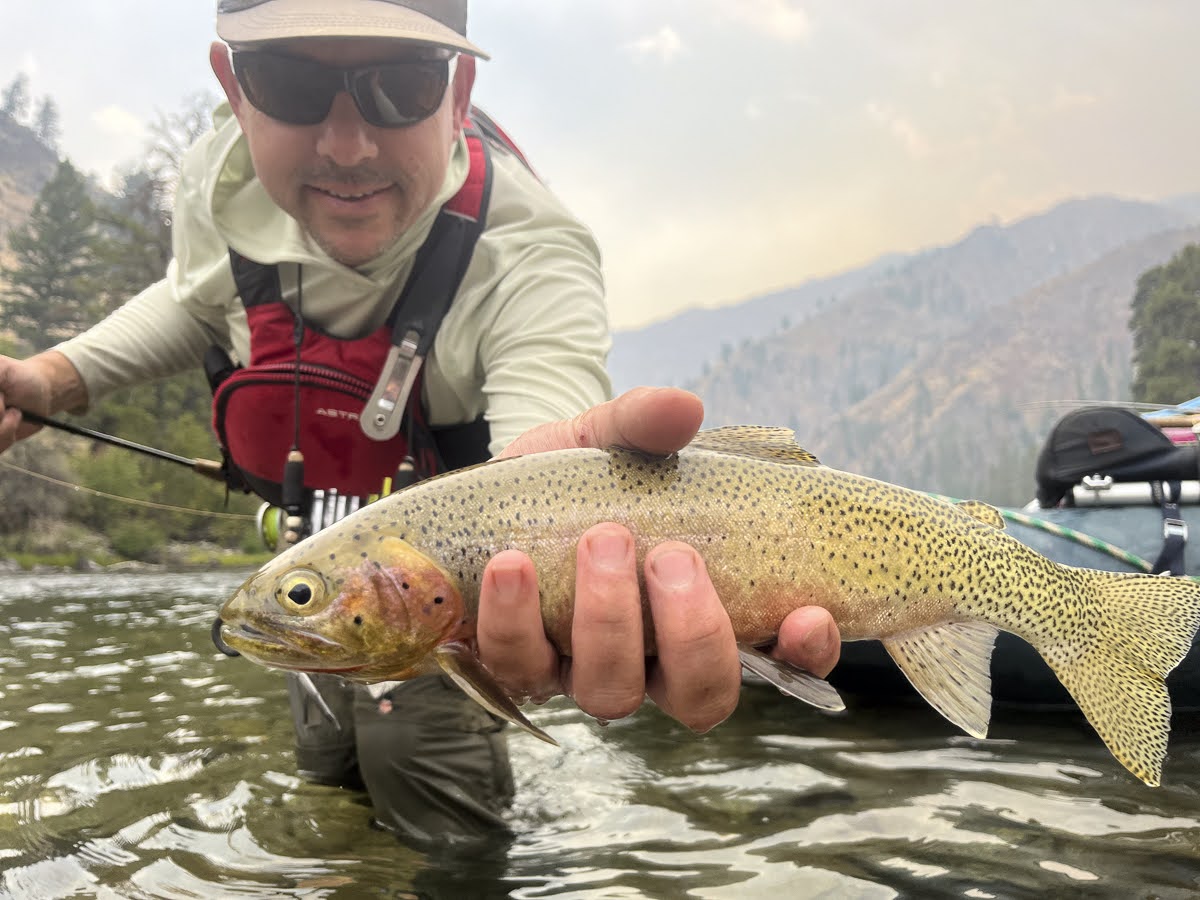
Martin Koenig
WNTI CoordinatorMartin earned a BS in Fish, Wildlife, and Conservation Biology from the University of California Davis, and an MS in Fisheries Biology from Utah State. Martin brings a huge passion for wild trout, having first began working with Cutthroat Trout in 2003 as a graduate student on the Teton River, Idaho. Soon after, Martin began working as a biologist with the Idaho Department of Fish and Game. During his 19 years with Idaho Fish and Game, he’s worked in a variety of fisheries research and management roles, as well as serving on WNTI’s Steering Committee since 2018. He is currently the Sportfishing Program Coordinator, focusing on native trout range-wide conservation agreements, interagency conservation teams, status assessments and management plans. Martin currently lives in Boise and fulfills the coordinator role under a shared personnel agreement with WAFWA. When he’s not at work, Martin likes to spend time outdoors with his wife and 2 active kids, enjoying fishing, rafting, and hunting and is looking forward to achieving the first level of the Western Native Trout Challenge (once he figures out where to start!). -
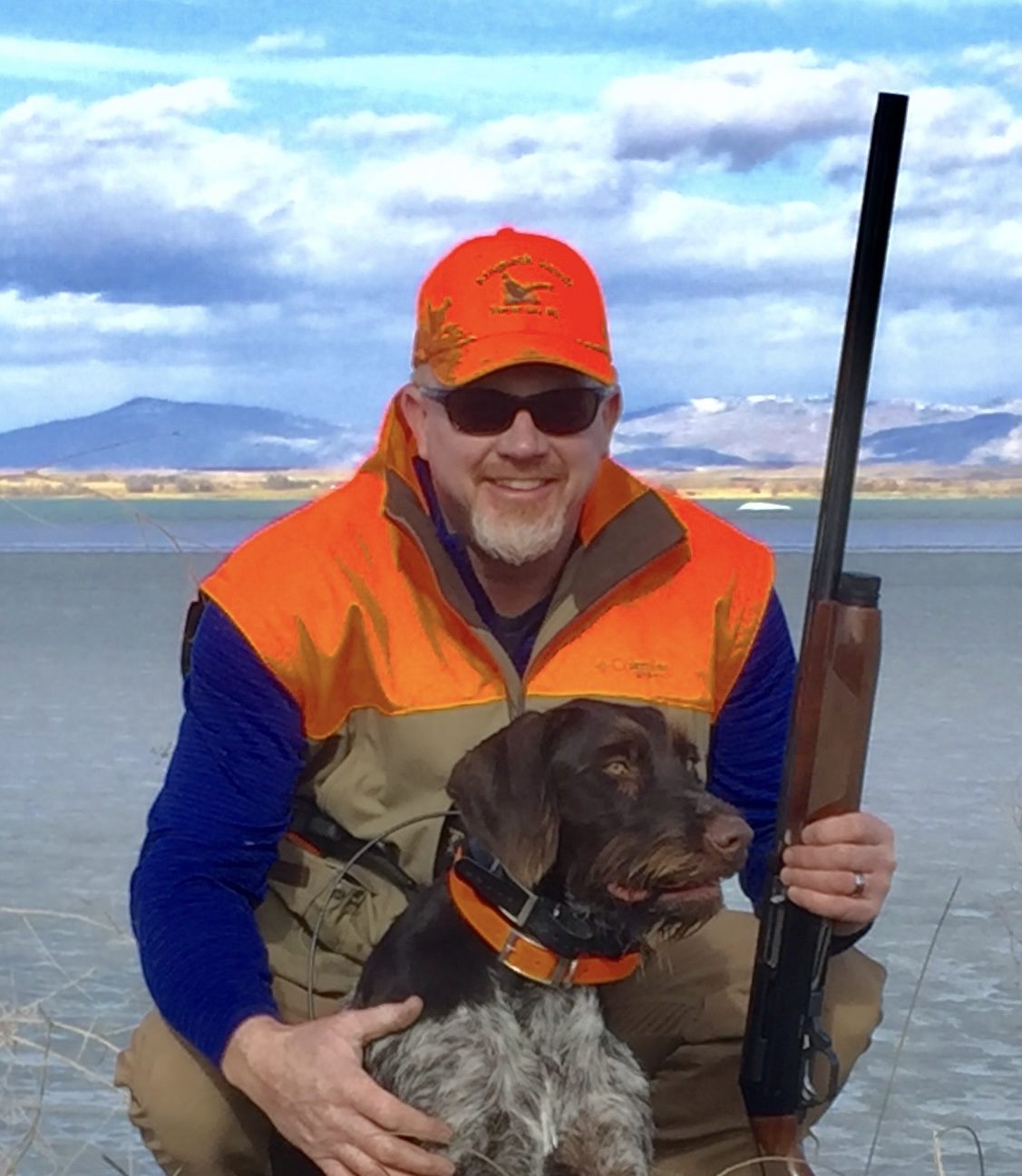
Daryl Lutz
Wild Sheep Initiative CoordinatorDaryl became the Wild Sheep Working Group (WSWG) Chair in December 2022. He went to the University of Wyoming and Humboldt State University. Daryl has been a biologist for the Wyoming Game and Fish Department for a bit over 3 decades as a Habitat Biologist, Wildlife Biologist, and now a Wildlife Management Coordinator – and continues to serve in that capacity as he chairs the WSWG. He has been heavily involved in mule deer and bighorn sheep management throughout his career. Daryl led Wyoming’s Mule Deer Working Group and represented Wyoming on the WAFWA's Mule Deer Working Group for over 20 years since their inception in 1998/99. He has also co-chaired Wyoming’s Bighorn Sheep Working Group the past several years. Daryl was raised as a hunter, fisherman, and outdoorsman in Colorado and Wyoming. He and his wife raised their two kids the same way and are now working on their 5 grandkids. -
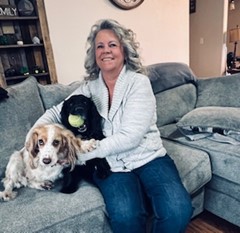
Denise McKague
Grant SpecialistDenise joined the WAFWA team in 2024. As a Grant Specialist, she will work with Grants and Contracts Manager and other key staff to deliver various operational and financial/accounting-related services to support the Western Association of Fish and Wildlife Agencies. She comes with 30+ years of experience in various accounting positions, including a background working with contractual documents. Denise enjoys being in nature, camping, traveling, listening to music, and hanging out with friends, family, and her dogs. She also loves planting her yearly salsa garden and enjoying the fruits of her labor.
-
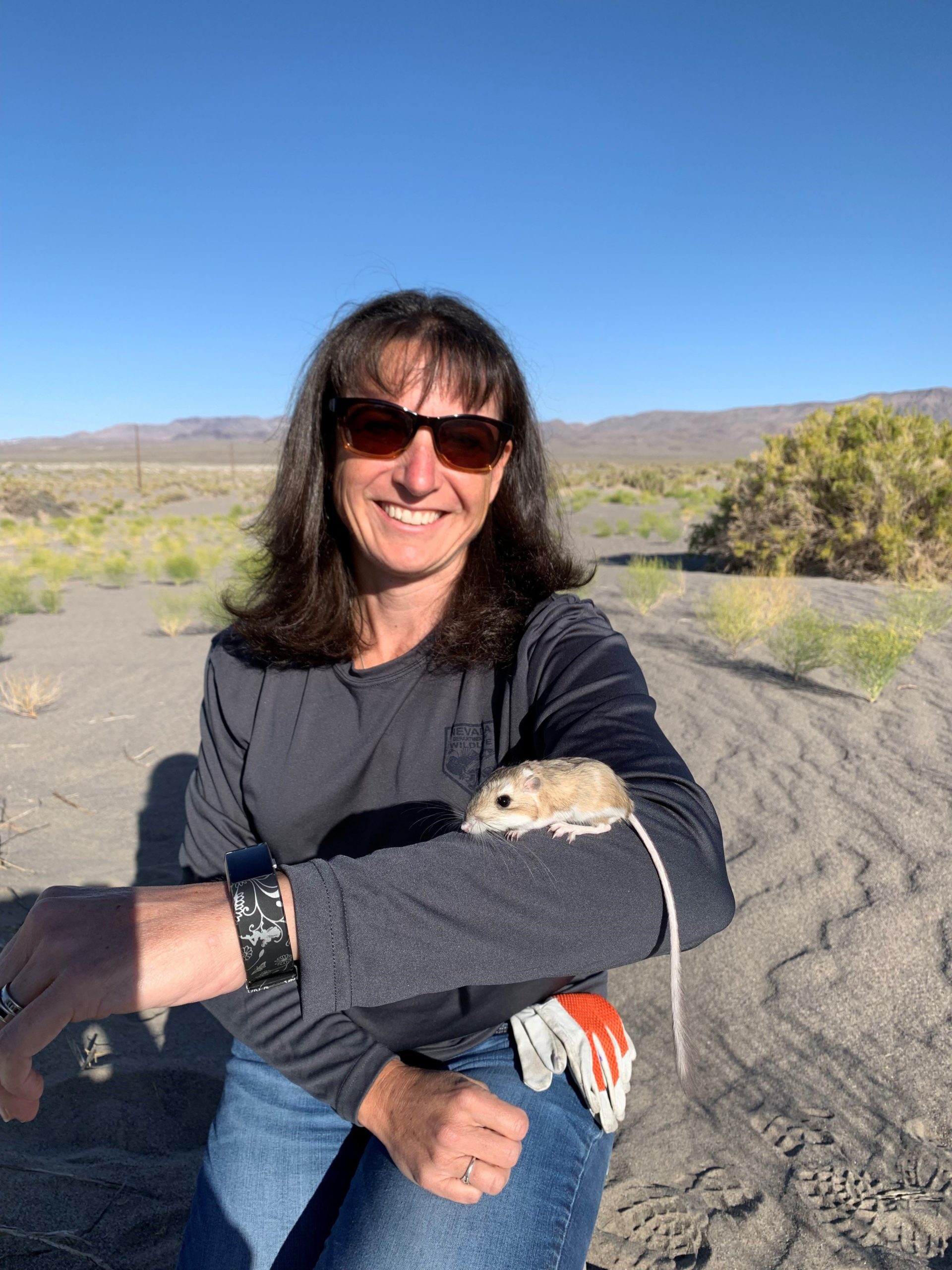
Jen Newmark
Landscape Connectivity CoordinatorJen Newmark works for the Wildlife Management Institute and began working with WAFWA in March 2024 as the Landscape Connectivity Coordinator. In this role, Jen is working on connecting existing WAFWA conservation projects and initiatives to highlight landscape conservation accomplishments, identify new priorities and opportunities, elevate state species and habitat priorities, and enhance and align inventories and assessment tools to meet the needs of states. Prior to joining WMI and WAFWA, Jen was the Wildlife Diversity Division Administrator for the Nevada Department of Wildlife – overseeing terrestrial non-game management and implementation of the Nevada State Wildlife Action Plan. Jen lives in Nevada and enjoys anything outdoors with her husband and two grown boys including birdwatching, hiking, camping, skiing, and traveling the world. -
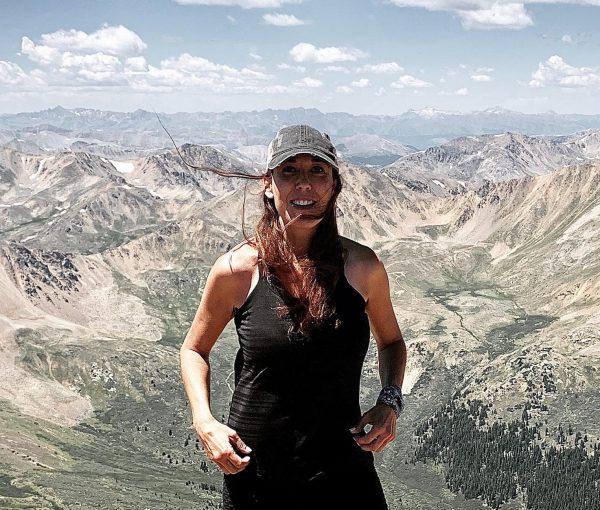
Chanda Pettie
LPC Program Director, Geospatial AnalystChanda joined the WAFWA team in 2019 as the coordinator for WAFWA’s Crucial Habitat Assessment Tool (CHAT) and now manages the Lesser Prairie-Chicken (LPC) Program. Her key role is to promote the efforts of state fish and wildlife agencies in delivering science based, data driven solutions for landscape-scale, conservation across the West. As a wildlife ecologist with 20 years of experience on interagency project management for landscape-scale conservation efforts, she brings a biological background to program coordination. -

George Schisler
Trojan Male Fish Program CoordinatorGeorge Schisler joined WAFWA as the YY Fish Program Coordinator in 2025, and is the head of Colorado Parks and Wildlife’s aquatic research program. He received dual B.S. degrees in Biology and Fisheries Science from the University of Alaska-Fairbanks, as well as M.S. and Ph.D. degrees in Fish and Wildlife Biology from Colorado State University. His 36 years of fisheries experience at Alaska Fish and Game, Colorado State University, and Colorado Parks and Wildlife have been focused primarily on salmonid species, although he has interest in all fisheries-related topics. He has worked extensively with angler satisfaction surveys, fish disease, aquatic nuisance species, and development of hatchery brood stocks. He is an avid hunter and angler, and enjoys spending time in the outdoors with his wife and two daughters. -
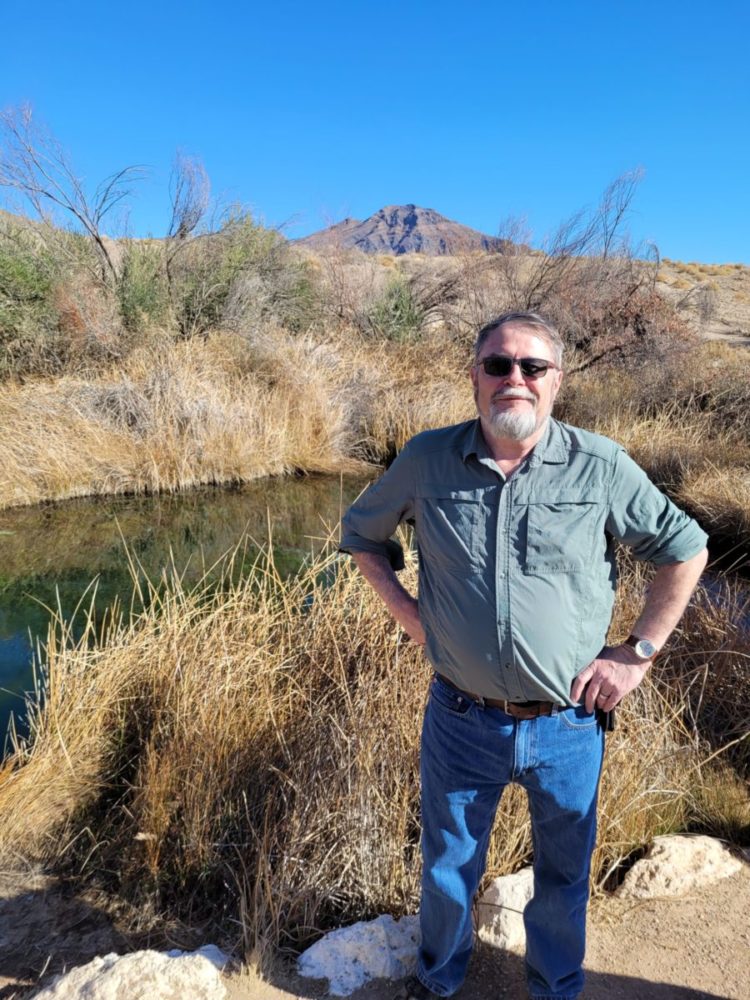
Jon Sjoberg
Desert Fish Habitat Partnership CoordinatorJon joined WAFWA in December 2024 as the Coordinator for the Desert Fish Habitat Partnership. He retired in 2021 from the Nevada Department of Wildlife after a 41-year career where he served as Chief of Fisheries, Regional Fisheries Manager in Southern Nevada, and native fish field biologist among other roles. Jon was one of the original organizers of DFHP in the late 2000s and has served on the Steering Committees for both DFHP and the Western Native Trout Initiative, and on multiple Recovery Teams and Conservation Teams for southwestern desert fishes and other aquatic species. Jon has a BS degree in Wildlife and Range Management from the University of Nevada, Reno. Fish Habitat Partnerships have been very effective processes to improve the status of aquatic systems across diverse landscapes and he looks forward to working with WAFWA and our many DFHP partners and cooperators, focusing on the needs of desert aquatic systems and desert fish species throughout the Southwest and Great Basin. -
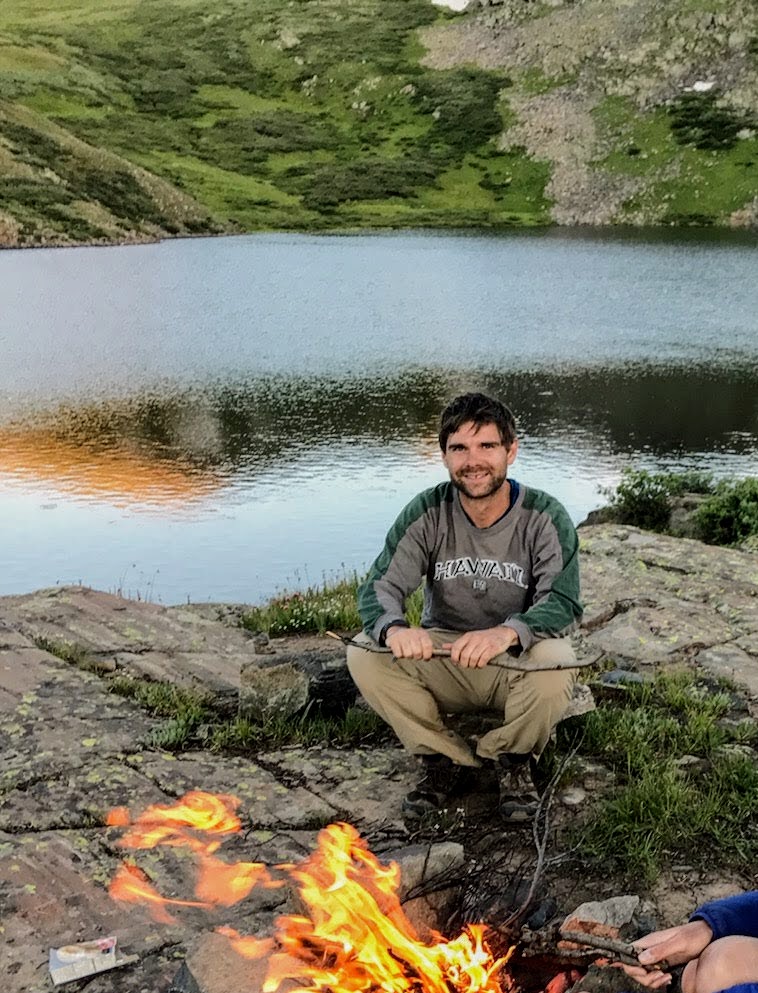
Sean Streich
Biological Science TechnicianSean joined WAFWA in 2024 to assist with managing the SARS-CoV-2 in cervids disease surveillance project. Based in Fort Collins, CO, he collaborates closely with the USDA’s APHIS National Wildlife Disease Program at the National Wildlife Research Center (NWRC). Sean oversees the distribution of supplies to state, federal, and tribal partners, manages field and laboratory data, and serves as the WAFWA representative at the NWRC. His interests are in using research and novel technology and methods to inform conservation and wildlife management strategies. Sean holds a B.S. in Zoology from Colorado State University and an M.S. and Ph.D. from the University of Colorado, Boulder. Sean began his wildlife career with Colorado Parks and Wildlife and spent much of his time working with disease, conservation, and management of prairie dogs. As a graduate student, he studied landscape and population genomics of Gunnison’s prairie dogs and investigated using remote sensing and drones to monitor populations. Sean enjoys getting outside and spending time mountain biking, hiking, skiing, and wildlife photography.
-
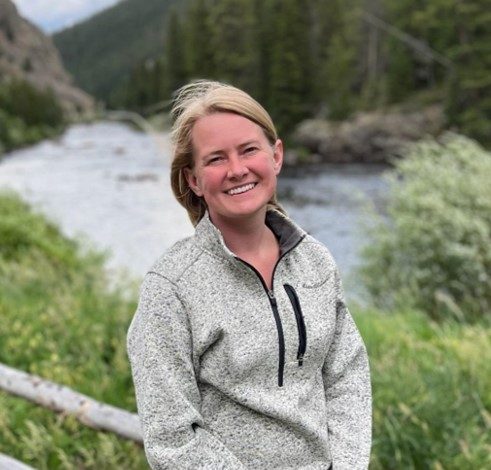
Noelle Thompson
Interagency Wildlife Health SpecialistNoelle Thompson joined WAFWA in 2024 as WAFWA’s Interagency Wildlife Health Specialist. She earned her PhD at Michigan State University with a concentration in Fish and Wildlife Health and Conservation Medicine. She has experience working in both academia and state government. Noelle was the Wildlife Disease Biologist and the Deer and Chronic Wasting Disease (CWD) Program Coordinator for Kentucky Department of Fish and Wildlife Resources. She also worked for Colorado State University as a postdoctoral research fellow. During her postdoc, she assisted western state agencies enhance their CWD surveillance programs through structured decision-making. Noelle enjoys spending time outdoors with her family and 5 rescue dogs, particularly spending summers in their remote cabin outside of Gunnison National Forest. -
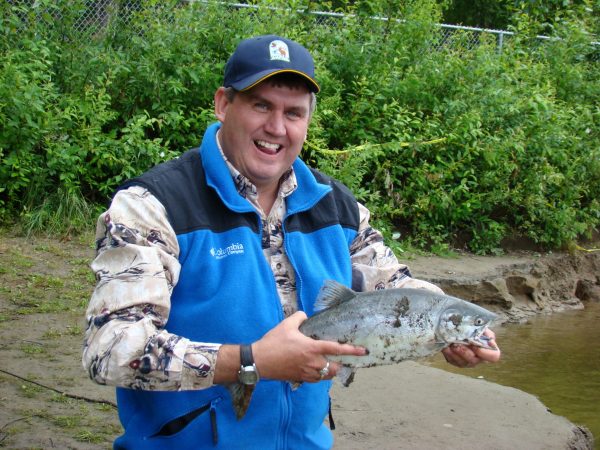
Bill Van Pelt
Grassland CoordinatorAfter graduating Iowa State University in 1991, he was contracted as a bald eagle nest watcher by the Arizona Game and Fish Department and was assigned to Alamo Lake. Upon completing his assignment, he was hired by the Department to conduct the biological evaluation of the Aubrey Valley for a black-footed ferret reintroduction. Bill was promoted to Nongame Birds and Mammals Program Manager in 1996 and was able to not only release black-footed ferrets, but Mexican wolves, California condors, and black-tailed prairie dogs too. In 2008, with a sudden departure of the Western Association’s Grassland Coordinator, Bill was asked to step into the role, which is the position he still holds today. As Coordinator, Bill continues conservation efforts for grassland species such as prairie dogs, ferrets, swift fox and lesser prairie chickens. Outside of work, Bill stays busy with his wife Lola taking their four children to various school and sporting events. To escape the Phoenix heat, the family heads to the mountains to fish and camp. -
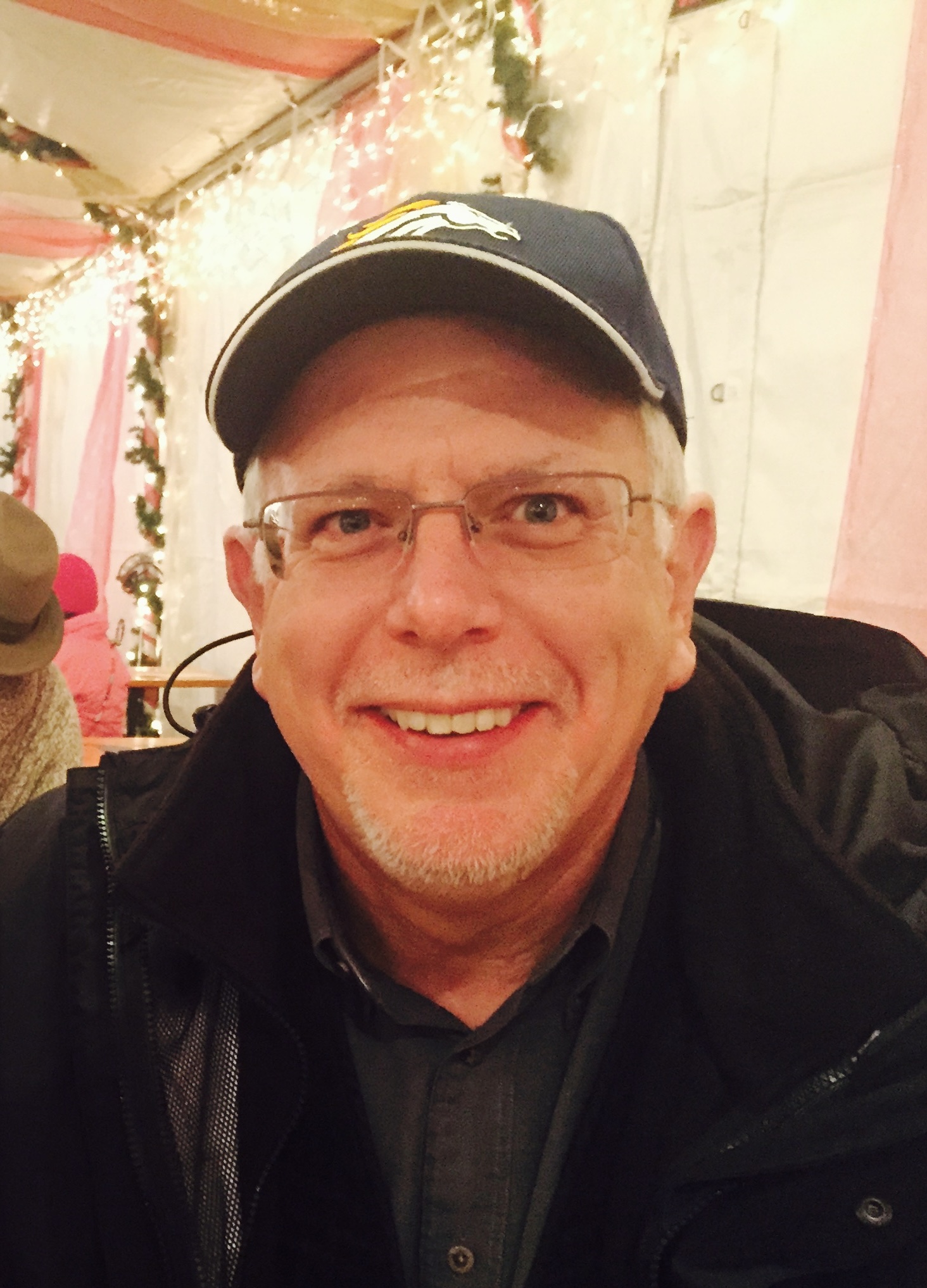
Jeff Ver Steeg
SARS-CoV-2 Project CoordinatorJeff has a B.S. in Zoology from Southern Illinois University, an M.S. in Environmental Biology from Eastern Illinois University, and is a certified wildlife biologist (The Wildlife Society). He began his career in 1979 as a District Wildlife Manager for the Illinois Department of Conservation (now the Department of Natural Resources). He served as the agency’s Wildlife Chief from 1990 to 2001. In 2001, he joined the Colorado Division of Wildlife (now Colorado Parks and Wildlife) as the Terrestrial Section Manager and in 2003 began serving as an Assistant Director. He retired from Colorado Parks and Wildlife in the spring of 2023. He was active in the Association of Fish and Wildlife Agencies, the Midwest Association of Fish and Wildlife Agencies, the Western Association of Fish and Wildlife Agencies, the Mississippi Flyway Council, the Central Flyway Council, and the Playa Lakes Joint Venture, among others. Jeff coordinates WAFWA's SARS-CoV2 testing in Cervids with APHIS.
IWJV & WAFWA: A Collaborative Partnership for the Future
The Intermountain West Joint Venture (IWJV) and Western Association of Fish and Wildlife Agencies (WAFWA) share a strong commitment to delivering conservation through partnerships, working across jurisdictional boundaries, sharing information, and strengthening the work of their partners. The two organizations subscribe to a simple tenet: The partnership is stronger than the sum of the parts.
In 2016, the IWJV and WAFWA strengthened this commitment by formalizing the partnership to build capacity, strengthen the work of partners, and deliver on-the-ground outcomes for wildlife and human communities by having WAFWA become a hosting entity for ten of the IWJV’s 14 staff positions.
-
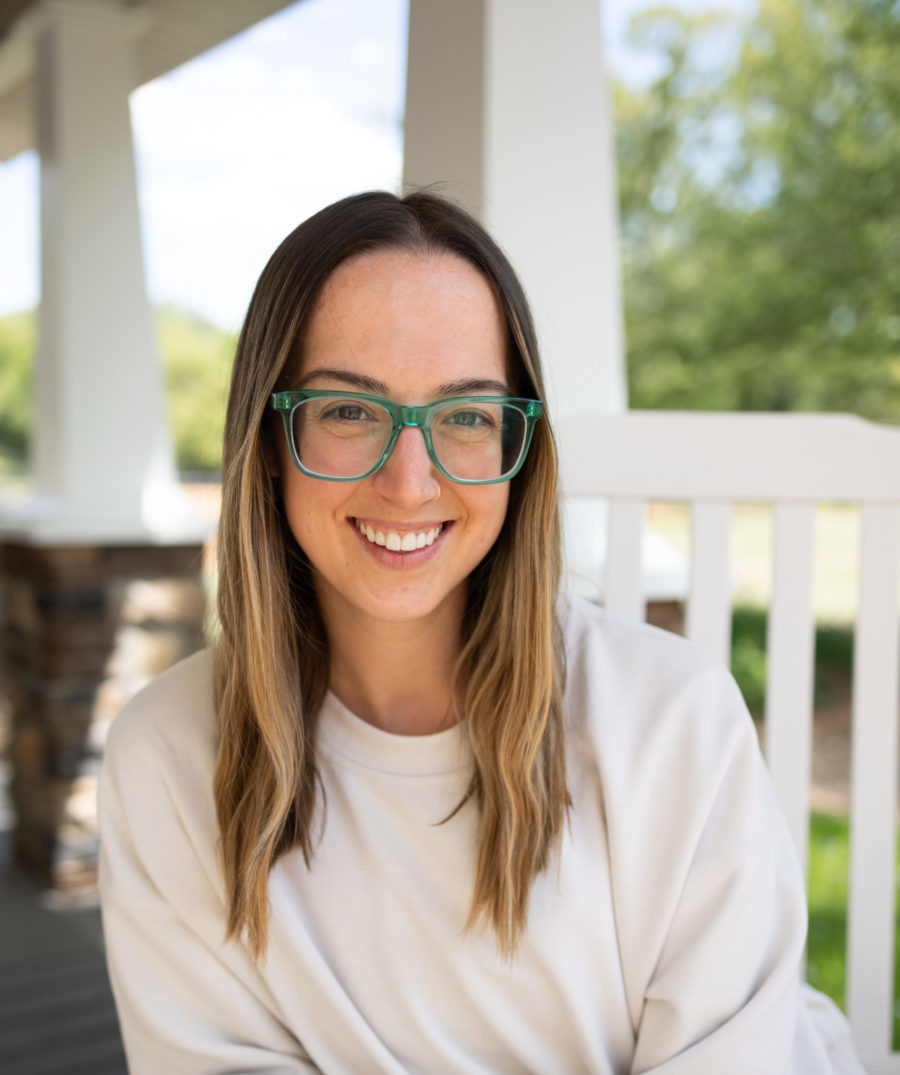
Kasey Bader
Operations SpecialistKasey grew up in Georgia near the foothills of the Blue Ridge Mountains. Soon after receiving her BBA from the University of North Georgia, she moved to Central Colorado in pursuit of open spaces and quickly discovered ranching at the intersection of her business background and love of the natural world. While working on cattle and bison ranches, she coordinated partnerships between landowners and multiple organizations to implement land health initiatives and developed educational programming and outreach to connect with the community. Ready to further a career in conservation, she joined the philanthropy and communications team at Inland Northwest Land Conservancy before finally landing in Missoula. Kasey is thrilled to continue supporting conservation efforts in the west as Intermountain West Joint Venture's Operations Specialist. Outside of work, she can be found riding horses, hiking, skiing, untangling knots in her fly line, and exploring her new home in Western Montana. -
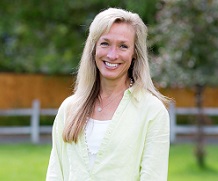
Tina Dennison
Initiative Support & Project CoordinatorTina joined IWJV in January 2012 as Project Coordinator. As our lead ‘tracker,’ Tina helps with budget tracking and Sage Capacity Team accomplishment reporting, acts as our NAWCA liaison, supports the implementation of the BLM-IWJV sagebrush partnership, and assists with other projects that support the IWJV mission. Tina graduated from the University of Montana with a B.S. in Finance/Accounting and is an outdoor enthusiast who enjoys running, biking, hiking, and spending time with family. She lives with her husband and children in Missoula. -
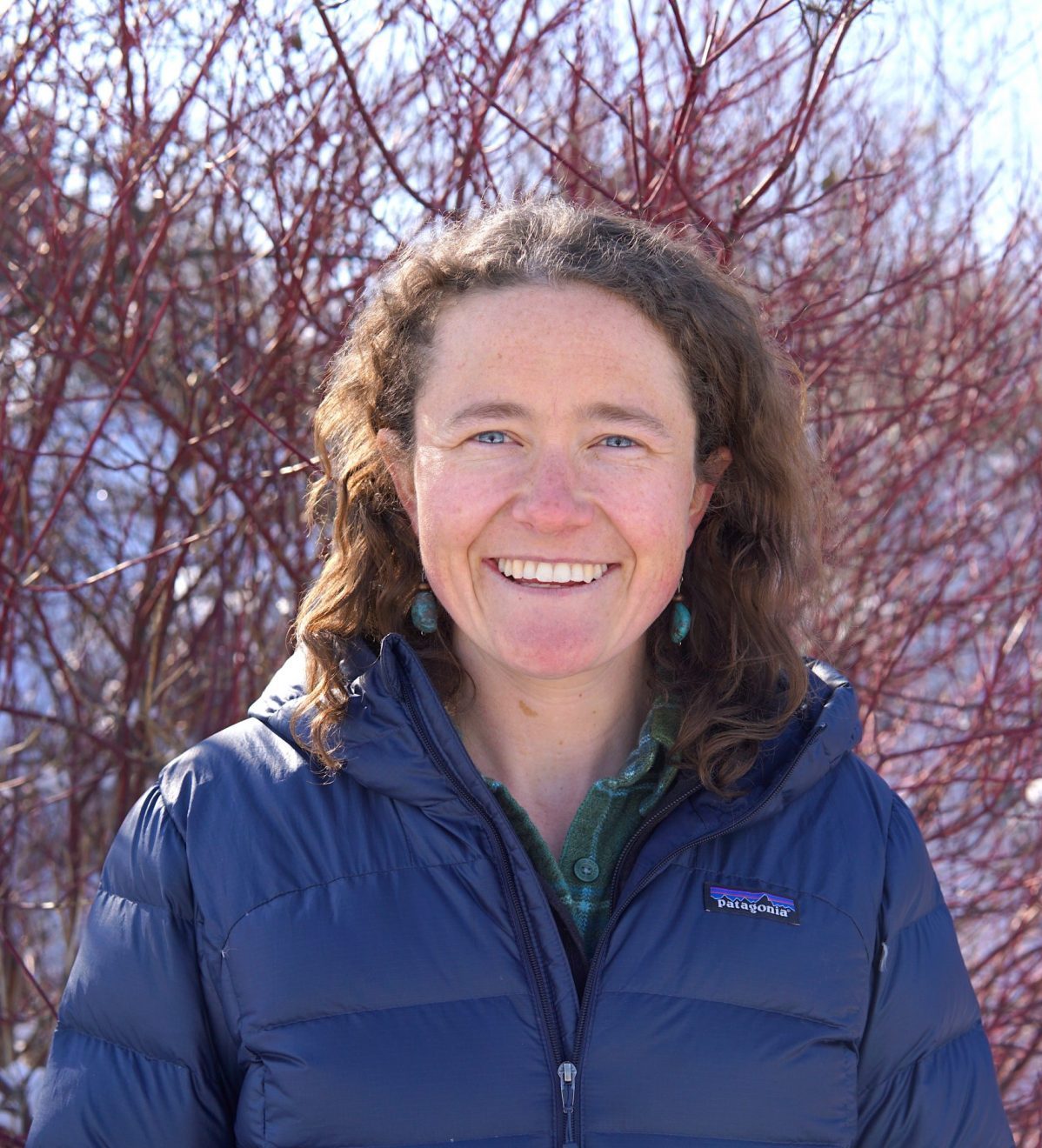
Emily Downing
Water 4 Communications SpecialistEmily joined the IWJV team in January 2020 as the Communications Specialist for the Water 4 Initiative. Her role involves producing media that tells the story of emergent wetland habitats on private lands in the Intermountain West. Emily is fascinated by connections and how information, communication, and storytelling can influence human-to-human and human-to-landscape relationships. Her years as a guide in Northwestern Montana left her with a desire to learn more about land use and conservation from other perspectives, sending her back to school for a Master's in Environmental Management from Western Colorado University. She also holds a B.A. in Journalism from the University of Montana. In her free time, she is outside with her husband and dogs exploring the mountains and sagebrush around her home in Polaris, Montana. -
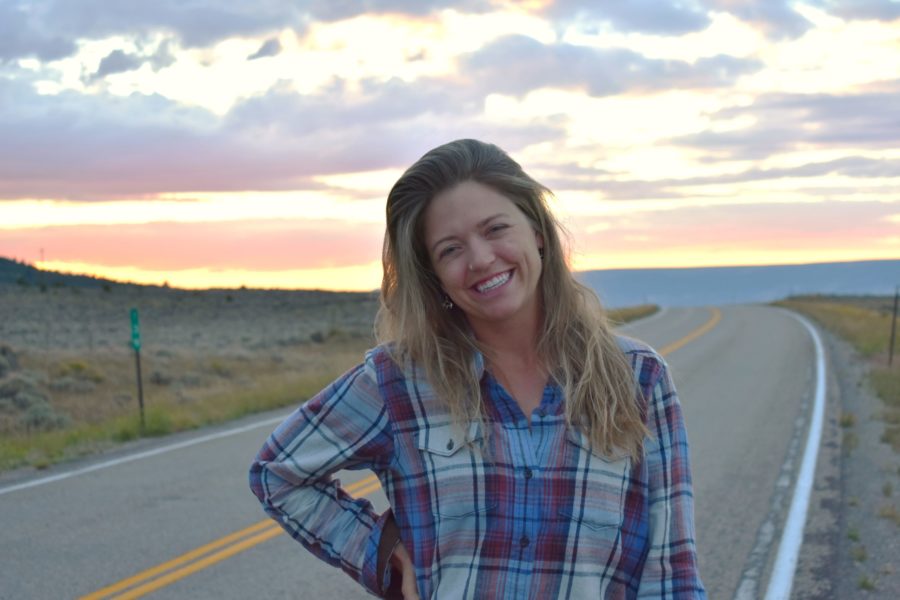
Erica Hansen
Water 4 CoordinatorVictor, IdahoErica joined the IWJV team in May of 2022. In her role as Water 4 Coordinator, she supports the conservation of wetlands, working wet meadows, and other water resources in ways that benefit both people and wildlife. She is passionate about developing strong partnerships that result in mutually-beneficial conservation outcomes. Her career is rooted in the Intermountain West, where she has developed a deep appreciation for open spaces, clean water, and the communities that steward them. Before joining the IWJV, Erica worked as the Land Protection Specialist and Staff Biologist for the Jackson Hole Land Trust. During that time, she had the privilege of partnering with landowners to protect working lands across northwest Wyoming. She holds a B.S. in Zoology with Honors from Colorado State University, and an M.S. in Wildlife Biology from Utah State University. When she’s not at work, you can find her skiing, birding, trail running, and spending time in the garden or out on the river. Erica currently works from her home office in Victor, Idaho. -
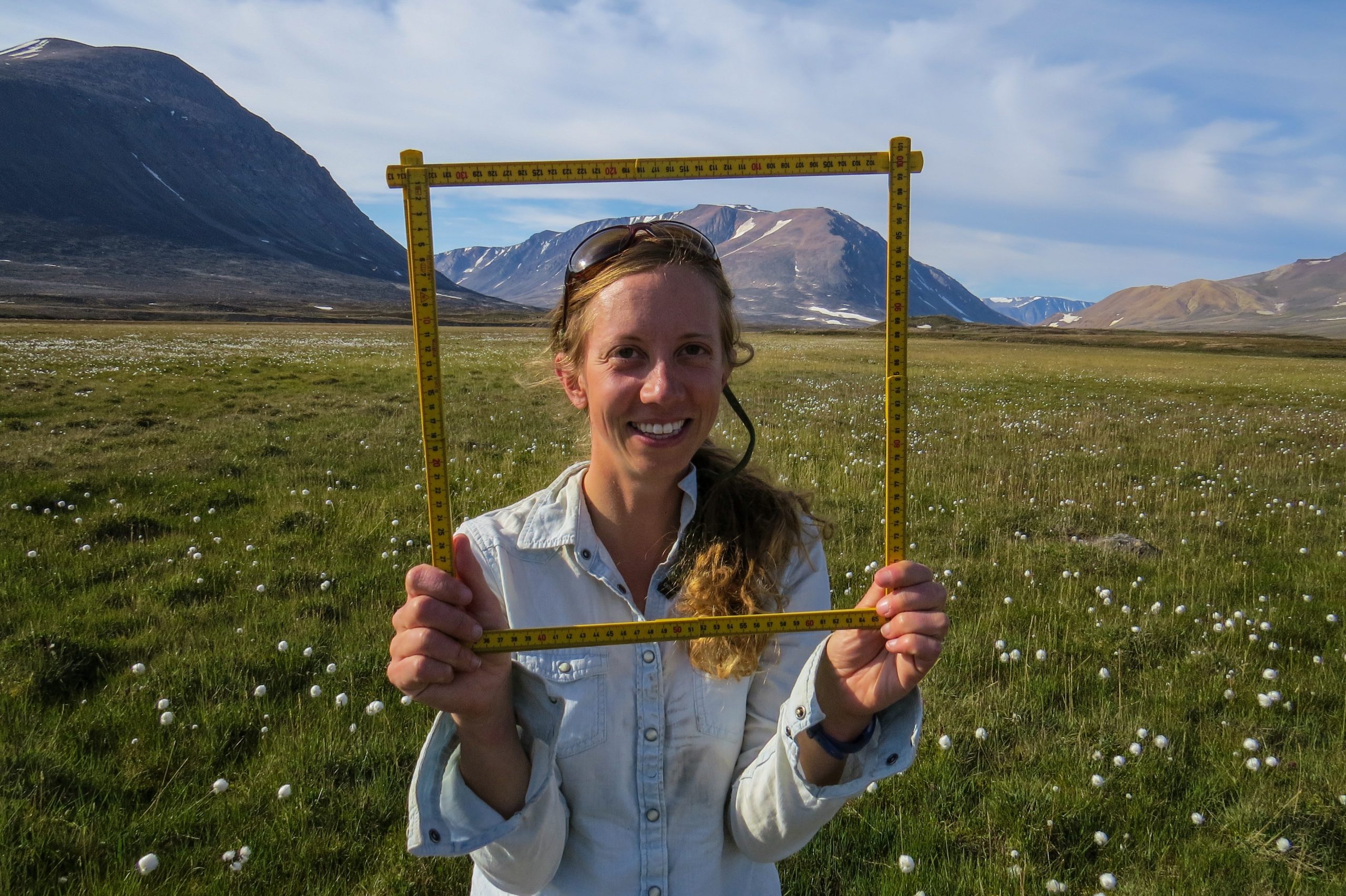
Teagan Hayes
Science to Implementation SpecialistMissoula, MTTeagan joined IWJV in November 2023 as a Science to Implementation (S2I) Specialist. With the S2I team, Teagan’s work helps support landowners and managers in making restoration and conservation decisions using science, data, maps and visualization tools. Teagan completed undergraduate degrees in Zoology and Geography from the University of Wisconsin-Madison. She found her way west on a bicycle, where she earned a Masters degree in Wildlife Biology and certificate in Natural Resources Conflict Resolution from the University of Montana. Her field and research experience has spanned diverse habitats – arctic tundra, northern forests, sagebrush steppe, prairie, deserts, and lab benches – and a range of plant and wildlife communities, including birds, insects, elk, mule deer, and muskoxen. She is an active member of the Missoula and larger conservation communities and an avid supporter of the people that make our lives and the world around us a better, more peaceful place. Outside of work, she spends time reveling in the great outdoors foraging for mushrooms, appreciating nature great and small, traveling and exploring on feet, skis and bikes. -
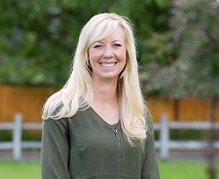
Mandi Hirsch
Sagebrush Conservation CoordinatorMandi joined the IWJV team in April of 2019 as the Sagebrush Collaborative Conservation Specialist. In this position, Mandi led the strategic, partner-driven conservation of sagebrush by helping implement the Partnering to Conserve Sagebrush Rangelands initiative. Now, as the Sagebrush Conservation Coordinator, she works closely with an interdisciplinary team of staff members and partners to assist in expanding partnerships and conservation efforts across the western sagebrush sea. For seven years prior to joining IWJV, Mandi worked as a partner Rangeland and Wildlife Conservationist for the Sage Grouse Initiative led by the USDA Natural Resources Conservation Service in Lander, Wyoming. Mandi earned her Associate degree of Agricultural Business at Northeastern Junior College and continued her education at Colorado State University where she earned her Bachelor of Science degree in Rangeland Ecology and her Master of Science degree in Rangeland Ecosystem Science. Mandi lives and works in Crowheart, Wyoming, where she and her husband lease and manage their own ranching and haying operation. Mandi is a rancher at heart and by trade who has become an advocate and leader for the conservation and sustainability of western rangelands and the western way of life. Outside of work, you will find Mandi working with her husband on their ranch, fishing the Wind River, and enjoying time with her family and friends. -
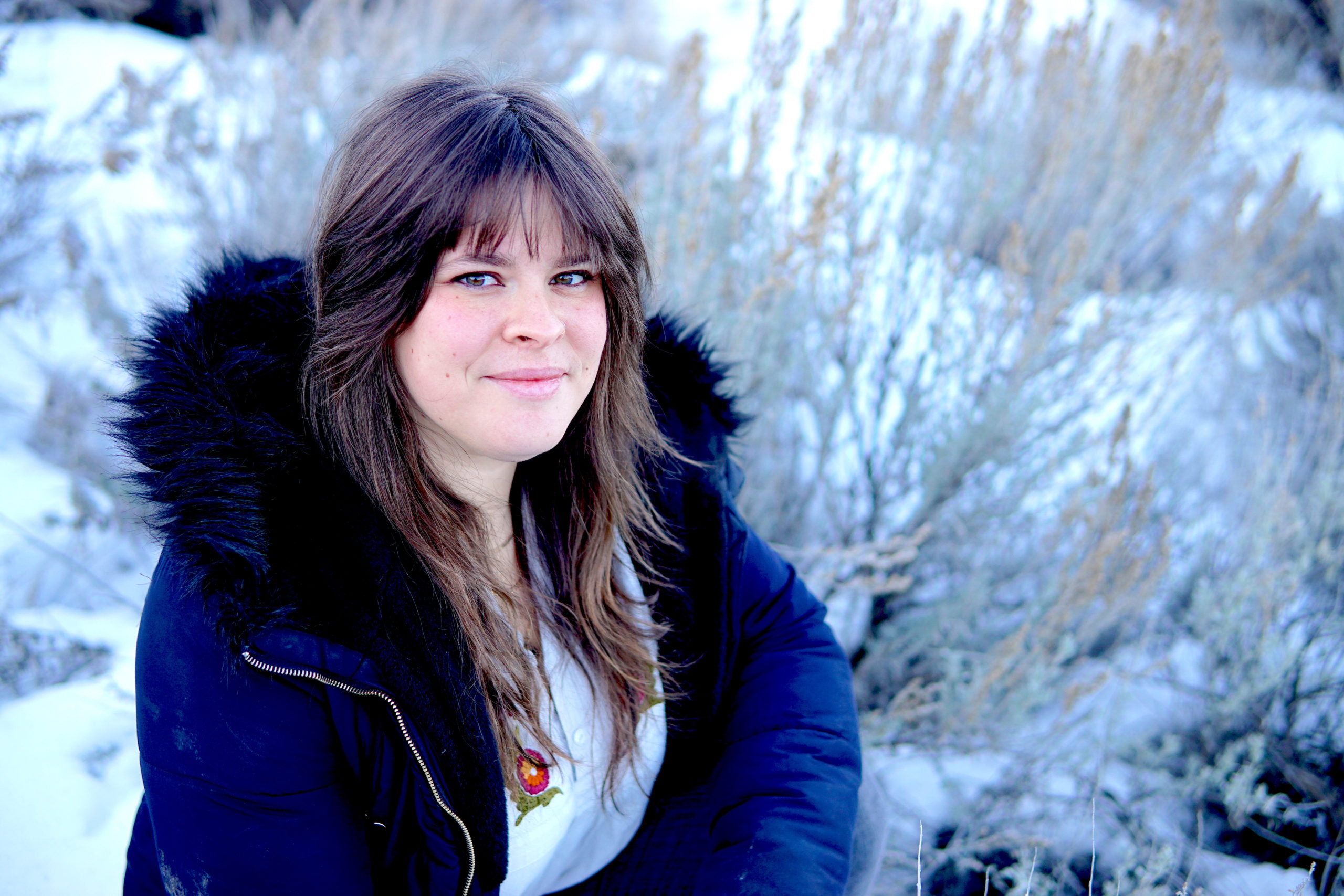
Megan McGrath
Sagebrush Communications SpecialistMegan signed on as IWJV’s Sagebrush Communications Specialist in February of 2023. Megan’s career as a researcher, science communicator, artist, and naturalist has been motivated by a mission to help communities get in touch with the natural world around them through engaging multimedia storytelling. She is thrilled to bring a diverse skill set to the task of elucidating the complexities of sagebrush conservation for IWJV’s network of productive partnerships. Megan’s experience has been a blend of traditional research and science communication. Most recently, she combined her science and arts backgrounds in her work for the media company Atlas Obscura in a production and operations capacity, during which time she produced a series of online “Art & Evolution” classes that taught participants to use drawing as a practice to learn about and connect with natural history and processes in their local environments. When not traveling across the Intermountain West on assignment for IWJV, Megan is at home in rainy Seattle, WA, where she spends most of her free time cooking elaborate meals and chasing whales and waterbirds around Puget Sound. -
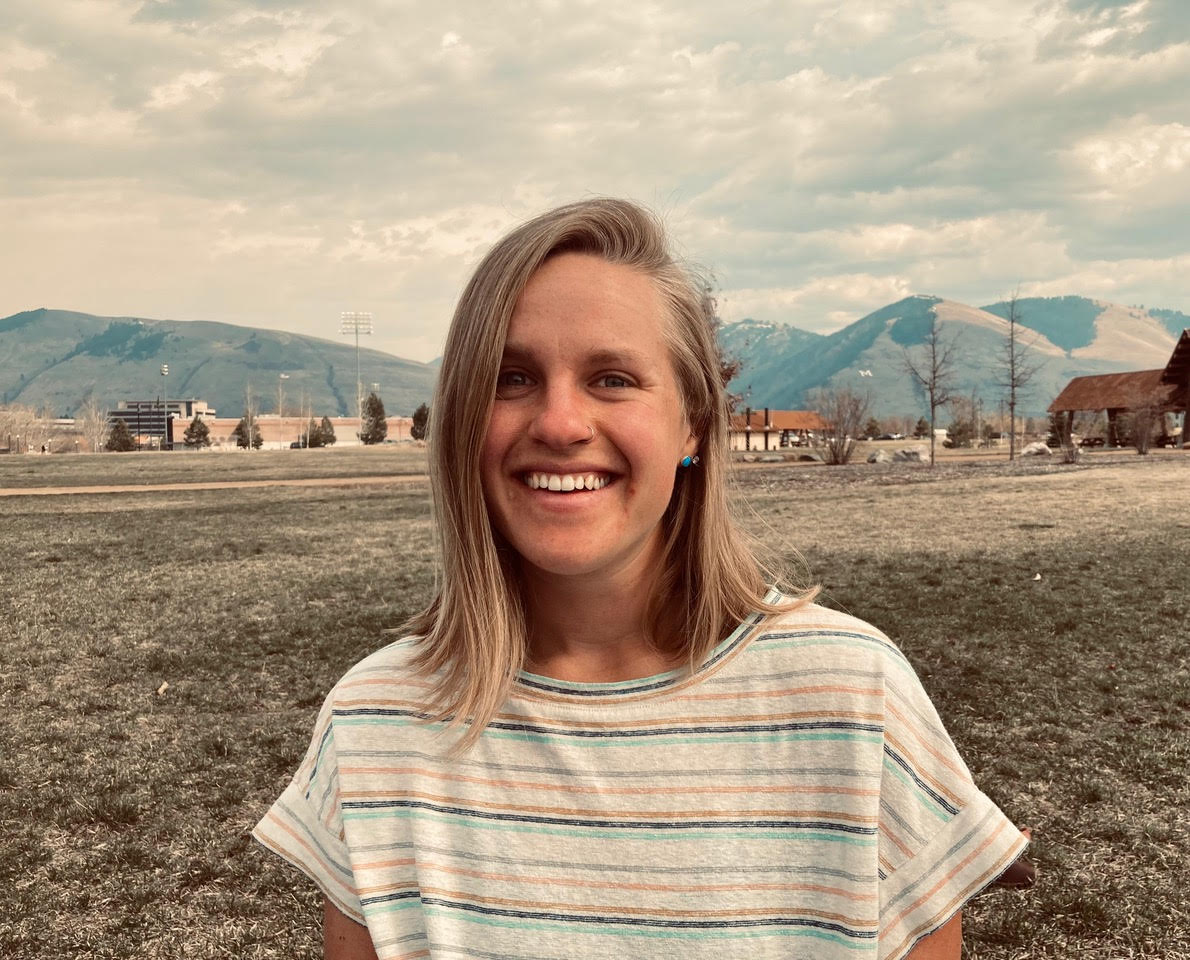
Mariah McIntosh
Science to Implementation SpecialistMariah started working with the IWJV in May of 2020 to support science to implementation capacity within the Partnering to Conserve Sagebrush Rangelands initiative while working on her Ph.D. In May of 2022, Mariah joined the new Science to Implementation team full time as the Sagebrush Science to Implementation Specialist to continue to support IWJV and our partners in accessing, interpreting, and applying science within their on-the-ground work. Mariah is particularly passionate about working with partners to identify and overcome barriers to using the latest science and science-based resources to inform conservation action. Mariah earned a Ph.D. in Forest and Conservation Sciences and a BS in Biology, both from the University of Montana. Outside of work, Mariah loves spending time with her girlfriend and engaging in most human-powered outdoor activities, particularly trail running, mountain biking, and backpacking. She also enjoys growing and cooking food to fuel her adventures. Mariah has an unreasonable love of pizza and Ritz crackers. She is currently based in Missoula, Montana. -
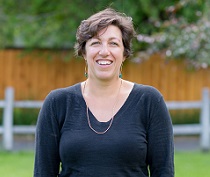
Joy Morris
Strategic Operations CoordinatorJoy founded her career working on water and conservation challenges in Western landscapes before joining the IWJV in 2018. She brought extensive experience previously working as a restoration coordinator for the U.S. Fish and Wildlife Service, the Walker Basin Water Program Director for the National Fish and Wildlife Foundation (NFWF), and the Water Conservation Director for the Walker Basin Conservancy. She has spent her career developing on-the-ground partnerships for land and water conservation working with farmers and ranchers to sustain their operations while achieving mutually beneficial conservation goals. Joy is passionate about strategic conservation through partnerships, developing common ground and trust, and finding creative solutions to support and enhance agricultural opportunities that benefit fish, wildlife, and overall landscape resiliency. Joy has a B.S. in Geology from New Mexico Tech and a M.S. in Hydrogeology from the University of Nevada, Reno. Outside of work, Joy and her family can be found roaming around the West camping, hiking, biking, skiing, and enjoying unique landscapes and beautiful places. -
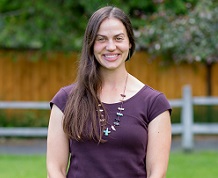
Hannah Nikonow
Communications & Marketing CoordinatorAs the IWJV’s Communications and Marketing Coordinator, Hannah has the awesome job of shaping communications that tell the story of incredible people dedicated to collaborative conservation and the places they love. This work entails designing and directing the production of feature stories, photography, social media, fact sheets, field events, and videos, among many other forms of media. In this role Hannah is responsible for program development, fundraising, and supervision of staff and contractors. She works hand-in-hand with multiple partners to ensure IWJV content reaches priority audiences with targeted messages to influence actions and behaviors. Hannah grew up in central Wyoming and holds a B.A. in Journalism from the University of Montana. She spends her free time exploring public lands through fishing, hunting, and foraging with her growing pack of pointing dogs. -
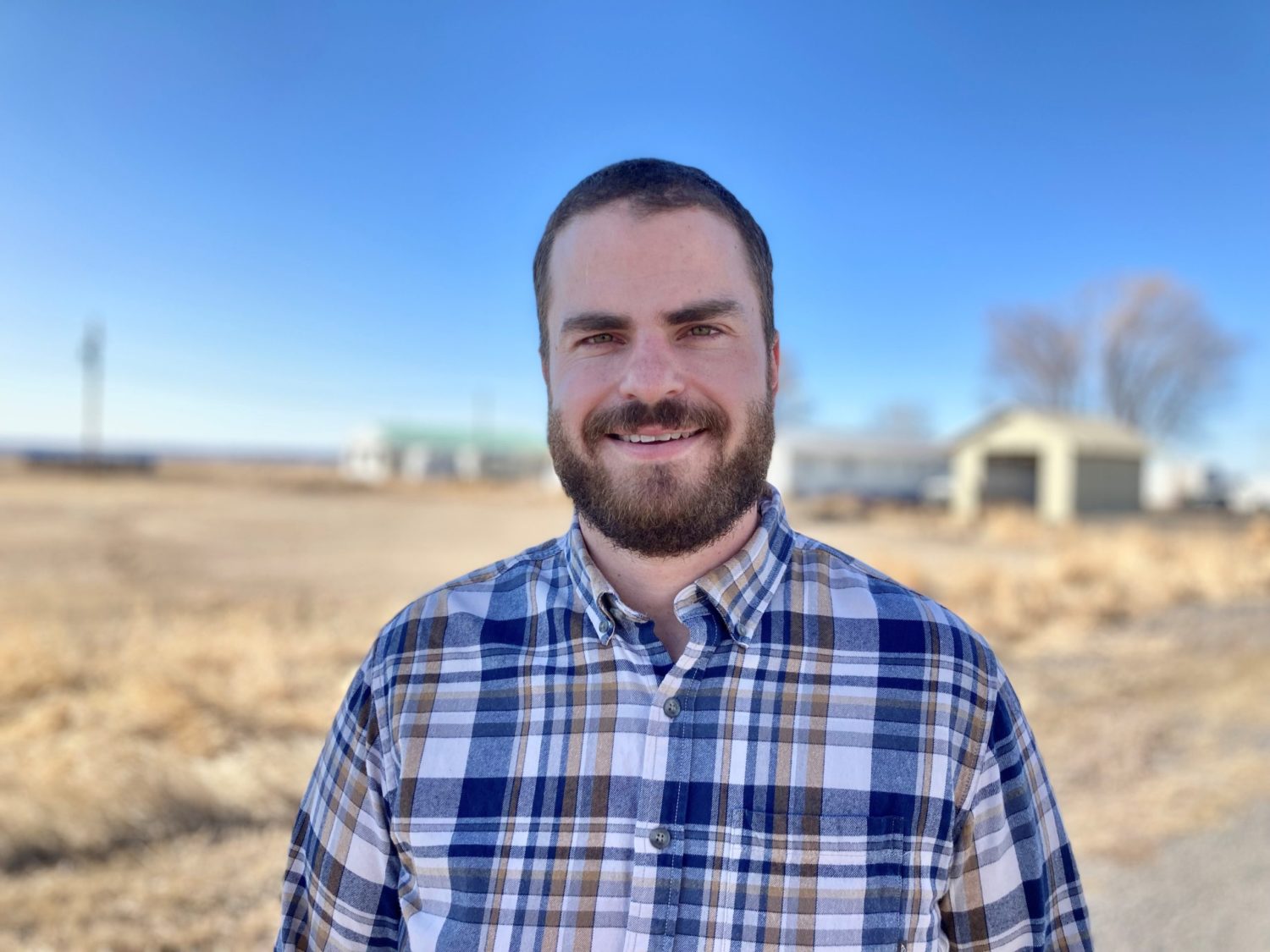
Andrew Olsen
Conservation CoordinatorAs the Conservation Coordinator, Andrew provides strategic leadership and support to the habitat conservation and science-to-implementation efforts of the IWJV. Working directly with the Sagebrush Conservation Coordinator, Water 4 Coordinator, and Western Forests Conservation Coordinator, Andrew helps prioritize IWJV investments in conservation and coordinates the efforts of the Science to Implementation Specialists to translate cutting-edge conservation science into on-the-ground conservation outcomes. Before joining the IWJV, Andrew was a Rangeland Scientist with The Nature Conservancy based out of the Eastern Oregon Agricultural Research Center in Burns, Oregon. In that role, he provided science support to various conservation efforts related to invasive annual grasses, wildfire, native species restoration, public land management, and livestock grazing. He was also active in collaborative conservation efforts at the state and regional scales. Andrew holds an M.S. in Range and Wildlife Management from Texas A&M University – Kingsville and a Ph.D. in Wildlife Science from Oregon State University. Outside of work, Andrew enjoys spending time with his family, fishing, hunting, and cooking. -
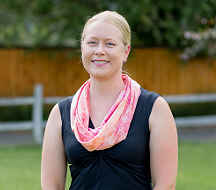
Lori Reed
Operations CoordinatorLori was born and raised in Wyoming, though her ventures took her to several other places before landing in neighboring Montana. After receiving a B.S. in Finance from the University of Wyoming, she went east for an internship with then-U.S. Senator Craig Thomas in Washington, D.C. Lori’s passion for habitat conservation developed during her time in the Government Relations and External Affairs Department at the National Fish and Wildlife Foundation. Following some explorations in Southeast Alaska and the West, she moved to Missoula. Since joining the IWJV in 2011, Lori has helped keep operations running smoothly through support to staff, partners, and the Management Board. She also puts her extensive event planning experience to work in the production of various IWJV meetings and field tours. Lori’s personal passions include playing outdoors and traveling around the world.